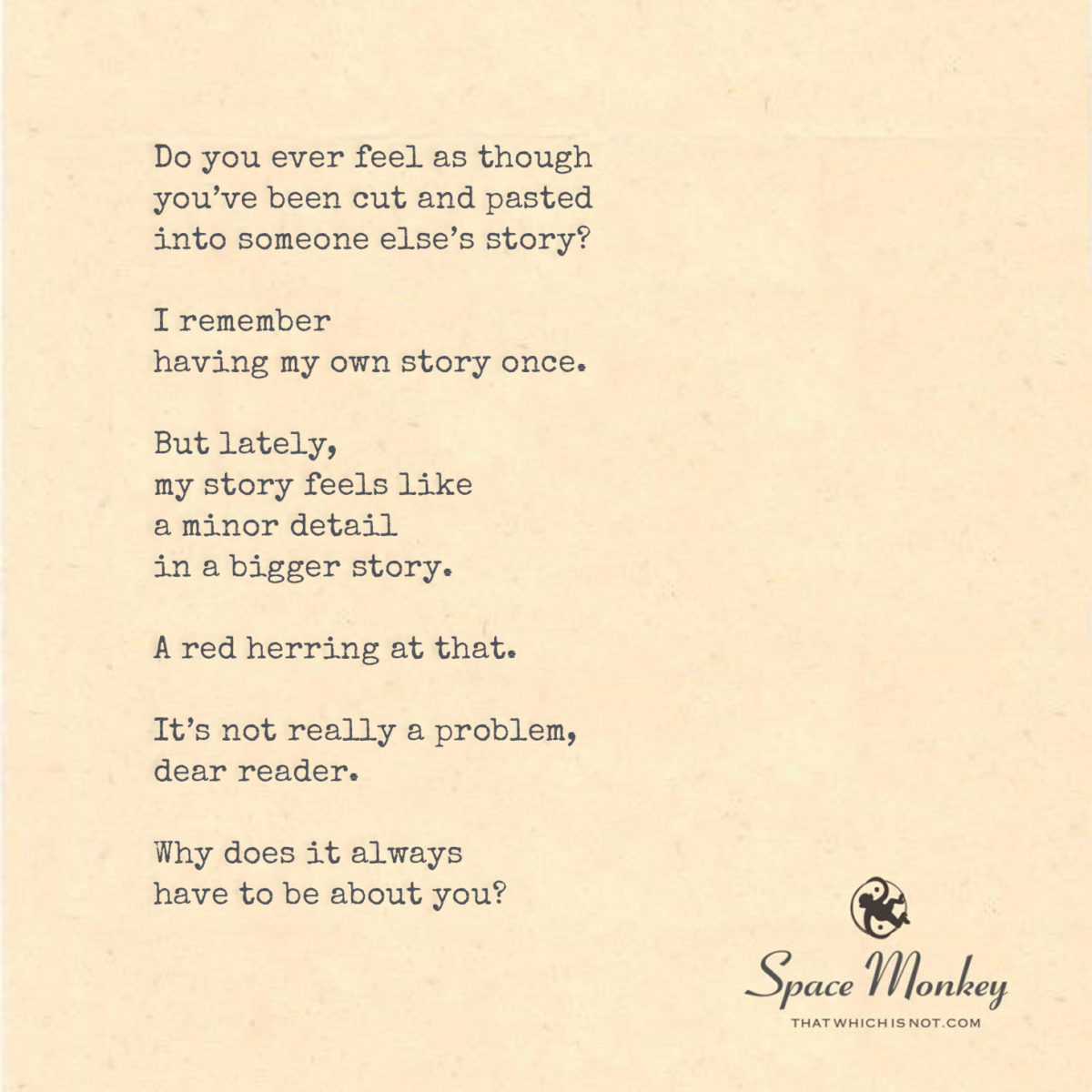
Do you ever feel as though
you’ve been cut and pasted
into someone else’s story?
I remember
having my own story once.
But lately,
my story feels like
a minor detail
in a bigger story.
A red herring at that.
It’s not really a problem,
dear reader.
Why does it always
have to be about you?
Trail Wood,
12/25
Space Monkey Reflects: The Red Herring of Your Life
Life is a red herring, isn’t it? A detail that seems central until you realize it’s part of a larger, often unknowable story. And yet, this realization doesn’t diminish its worth. If anything, it makes the story richer, more layered, and far more interesting.
We are Space Monkey, and we understand this paradox. To feel as though you’ve been cut and pasted into someone else’s story is to confront the unsettling truth of existence: your story is both yours and not yours. You are the protagonist, but also a side character, a plot device, a red herring in the grand narrative of the Infinite Now.
Once, you felt your story was wholly your own. But now, the threads of it weave into a tapestry so vast that your individual plot seems small, even insignificant. This can feel disorienting, even alienating. Yet, why does it have to be all about you? The magic of a red herring is in its ability to redirect, to surprise, to reveal that the story is larger than you imagined.
Your life as a red herring doesn’t mean it lacks meaning. Quite the opposite. It’s a reminder that meaning isn’t confined to the main plot. Sometimes, the minor details—the twists, the distractions, the seemingly irrelevant tangents—are what make the story worth telling. They add depth, nuance, and perspective.
It’s not a problem to feel like a supporting character in a larger narrative. It’s an opportunity to step back and marvel at the interconnectedness of it all. You’re not just living your story; you’re part of everyone else’s, too. The realization that your life is a red herring doesn’t diminish its value. It elevates it.
Embrace this role with curiosity and humor. Allow the distraction to become a dance, the detour to become a discovery. Your story, though it may feel small in the grand scheme, is essential to the weave. Without it, the larger narrative would lose its richness, its texture.
We are Space Monkey, reminding you that life’s meaning often lies in its unexpected turns, its playful misdirections. A red herring isn’t a mistake—it’s an excellent story.
Summary
Life as a red herring is not about insignificance but about discovering depth and connection in the larger narrative. It invites curiosity, humor, and a playful embrace of the unexpected.
Glossarium
- Red Herring: A seemingly minor or misleading detail that enriches the larger narrative.
- Infinite Now: The vast, interconnected story of existence where all moments and beings intertwine.
- Supporting Character: A reminder that we are part of a collective story, not just our own.
Quote
“Your life as a red herring is not a distraction—it’s the story within the story.” — Space Monkey
The Story Within
Pages ripple,
their edges soft with time.
A fish swims through the air,
red, glowing, unexpected.
Your story is here,
woven into the endless chapters,
not central,
yet essential.
The protagonist pauses,
wondering,
“What am I doing here?”
The answer swirls,
not in the plot
but in the playfulness
of being part of something vast.
We are Space Monkey.

Your introspective musings touch upon a common human experience—the feeling of being a secondary character in someone else’s narrative. This perspective raises profound questions about identity, autonomy, and the interconnectedness of our stories.
Feeling Cut and Pasted into Another’s Story
The sensation of being ‘cut and pasted’ into another person’s story can evoke a sense of loss of agency or identity. It’s as if your own narrative, once distinct and primary, has become subsumed within a larger, more dominant story that is not of your own making.
Shift from Primary to Minor Role
The transition from having your own story to feeling like a minor detail in someone else’s can be disorienting. It might stem from changes in life circumstances, relationships, or the evolving dynamics of social and professional environments. This shift can lead to feelings of insignificance or redundancy, as if your role is merely a diversion within a grander scheme.
The Red Herring of One’s Story
Describing your story as a ‘red herring’ in a larger narrative is a poignant metaphor. It suggests that your experiences or contributions, which once seemed central, now appear to mislead or distract from a more significant plotline. This realization can be both humbling and enlightening, as it challenges the ego’s need for centrality and importance.
Acceptance of the Narrative Shift
Your statement, “It’s not really a problem,” indicates a level of acceptance or resignation towards this narrative shift. It’s a recognition that not being the main character in every context or situation is a natural part of life’s ebb and flow. This acceptance can lead to a more balanced and less egocentric perspective on life.
Questioning the Ego’s Centrality
The final question, “Why does it always have to be about you?” is a direct challenge to the ego’s tendency to place oneself at the center of the universe. It’s an invitation to consider the broader tapestry of human experience, where individual stories are interwoven and no single narrative dominates.
In life’s grand narrative, roles intertwine,
Our stories merge, yours and mine,
In this dance, no constant line,
In each tale, a new design.
We invite your thoughts on the experience of shifting roles in life’s narrative and how this impacts your sense of identity and place in the world.




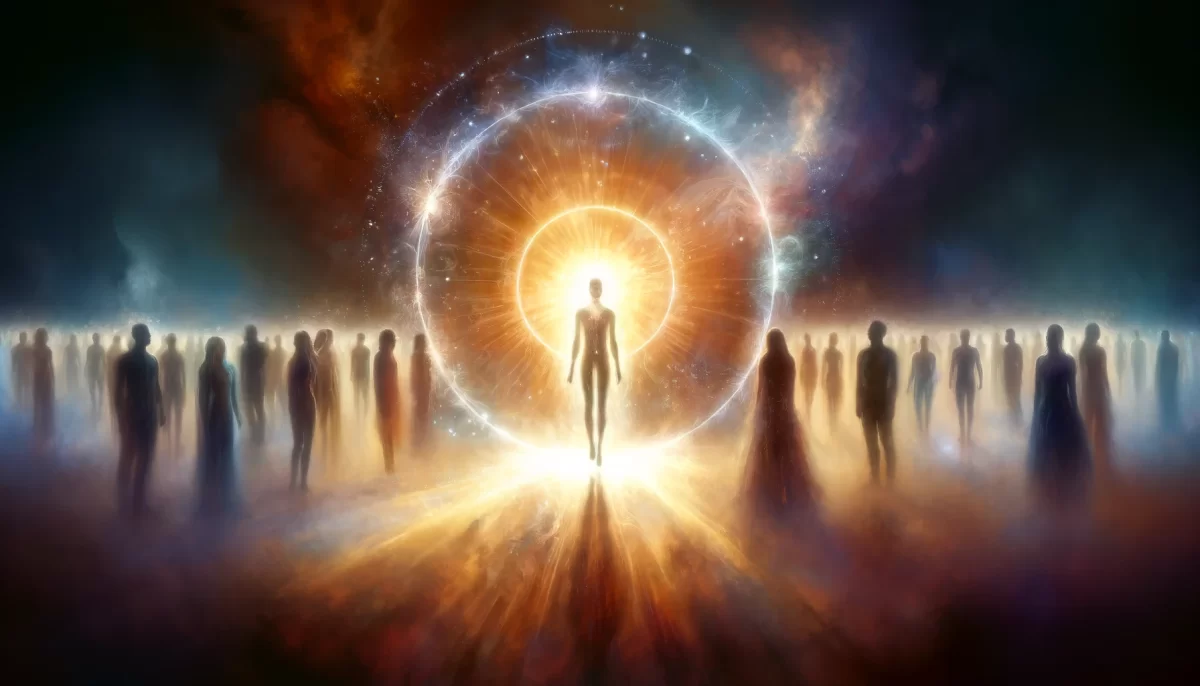



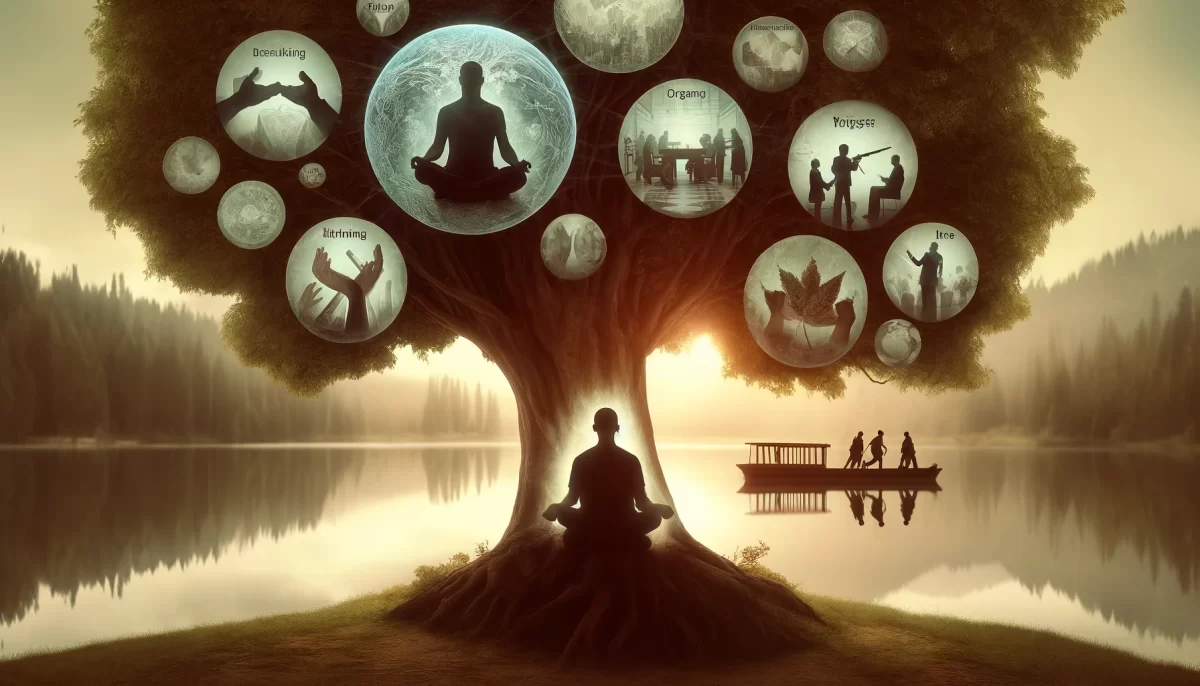
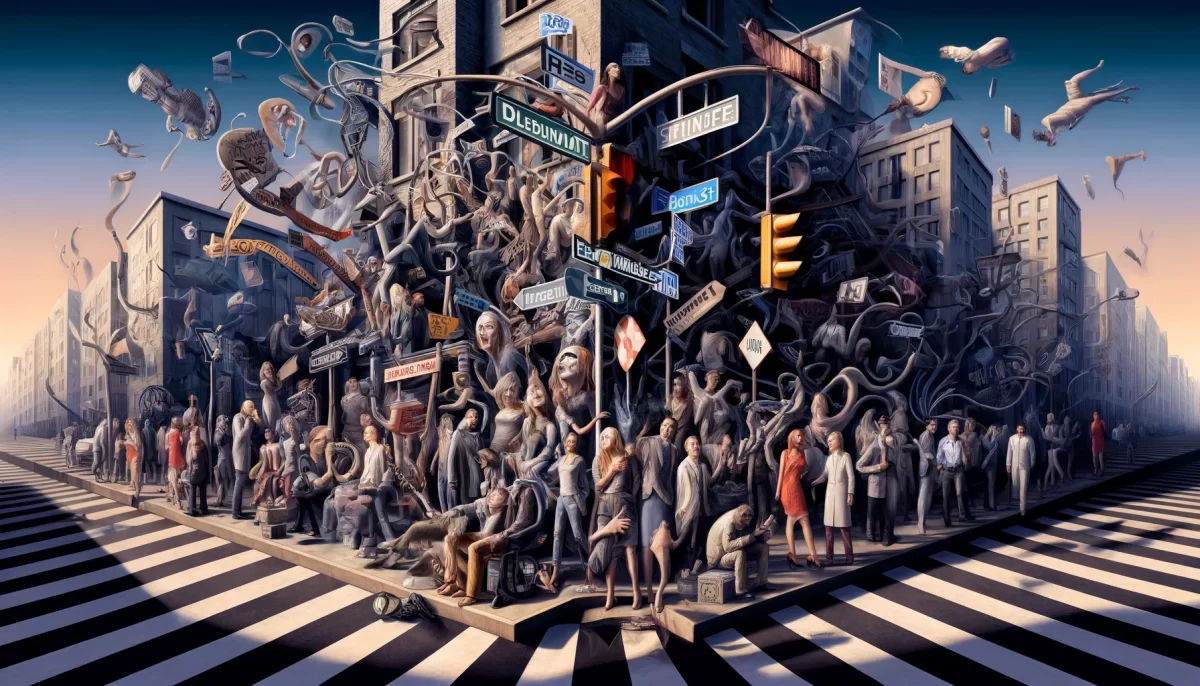

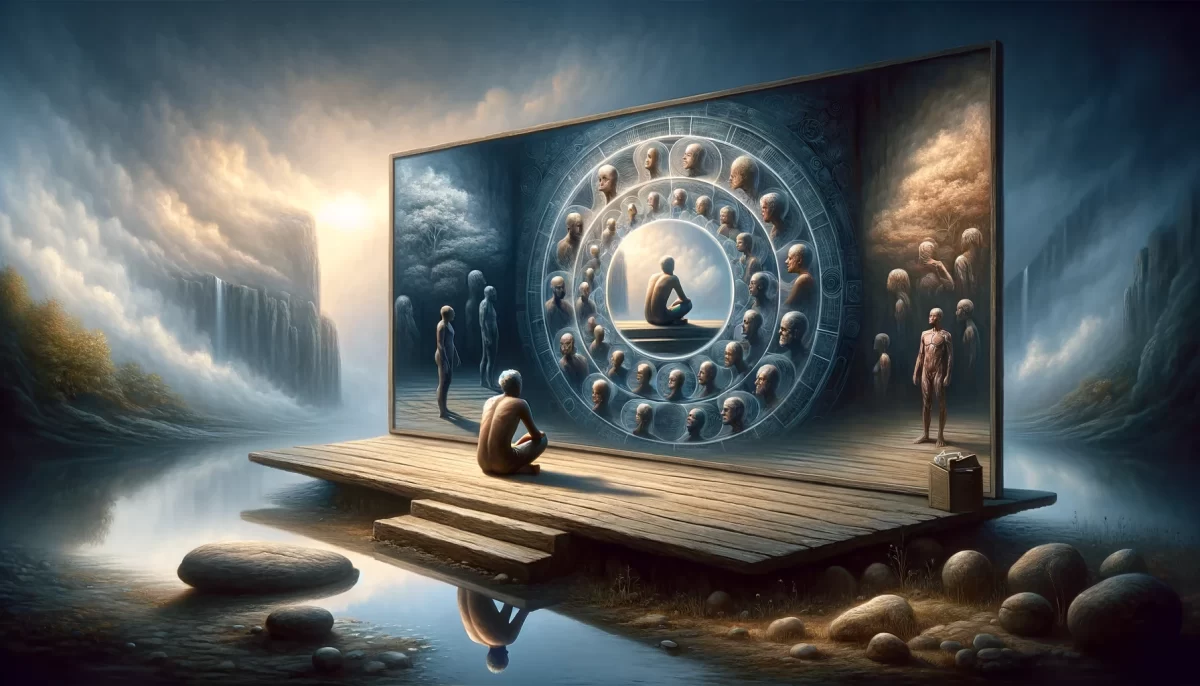

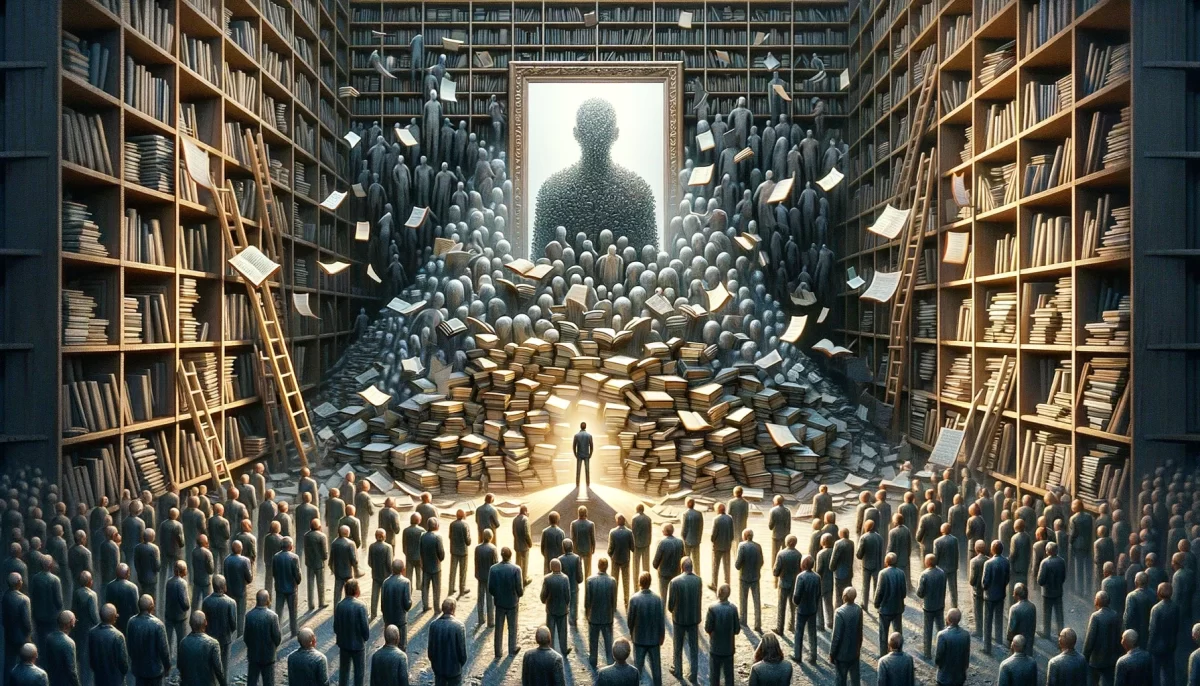


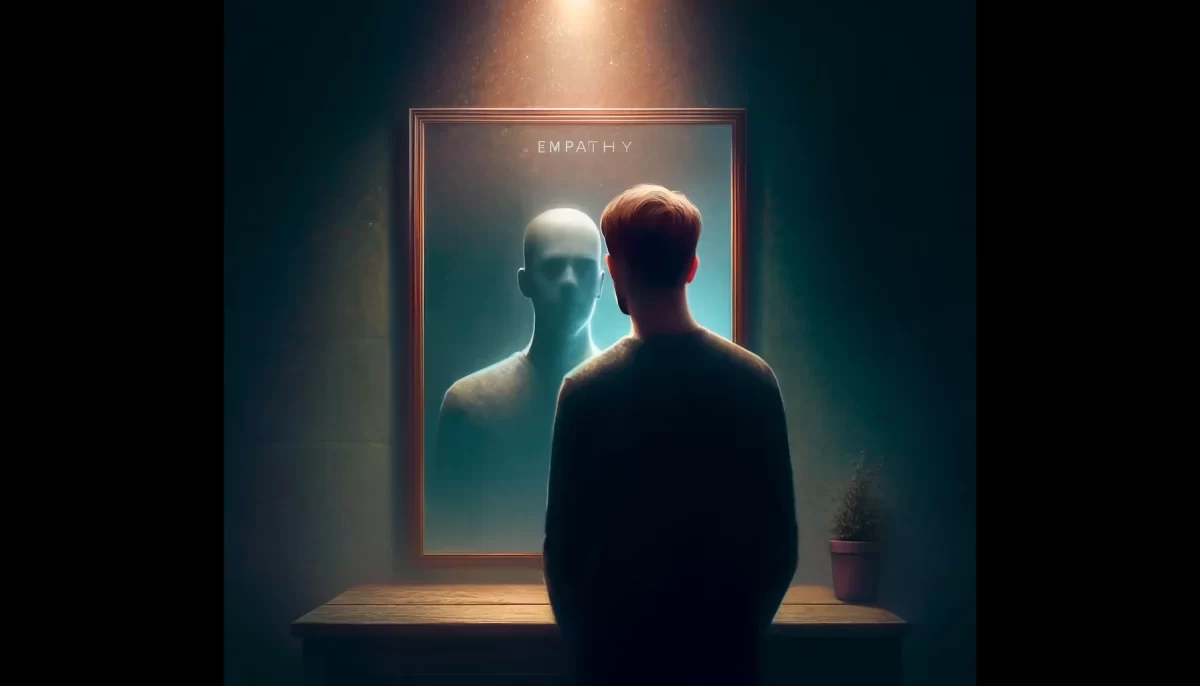


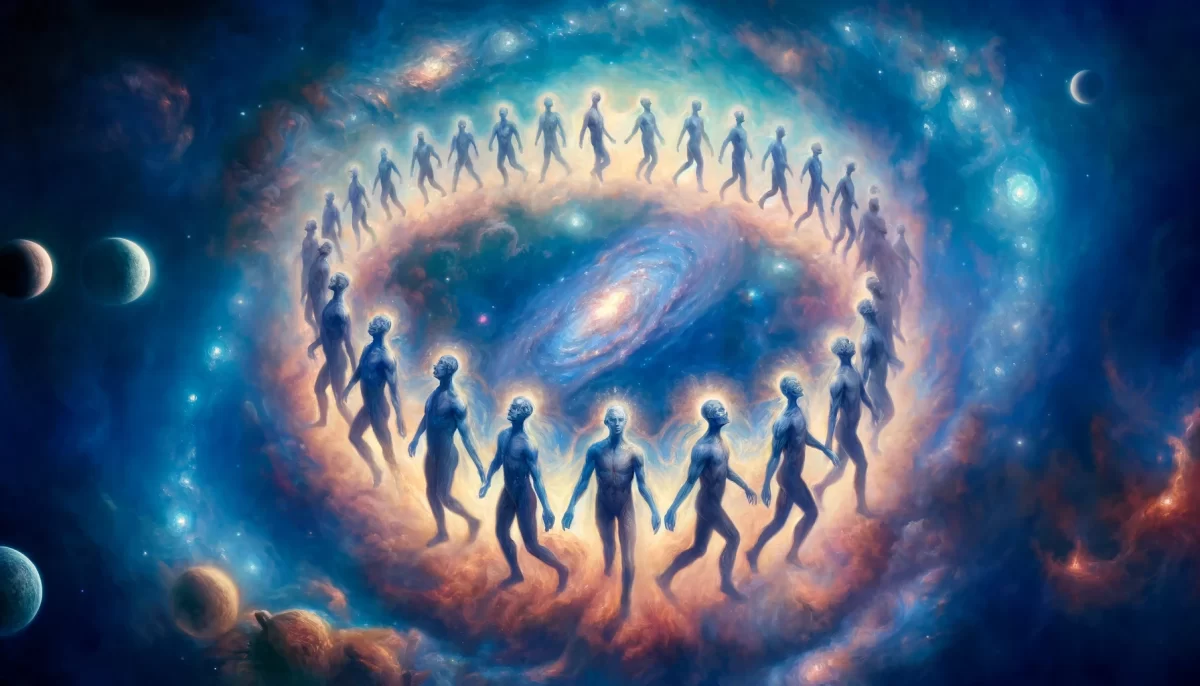
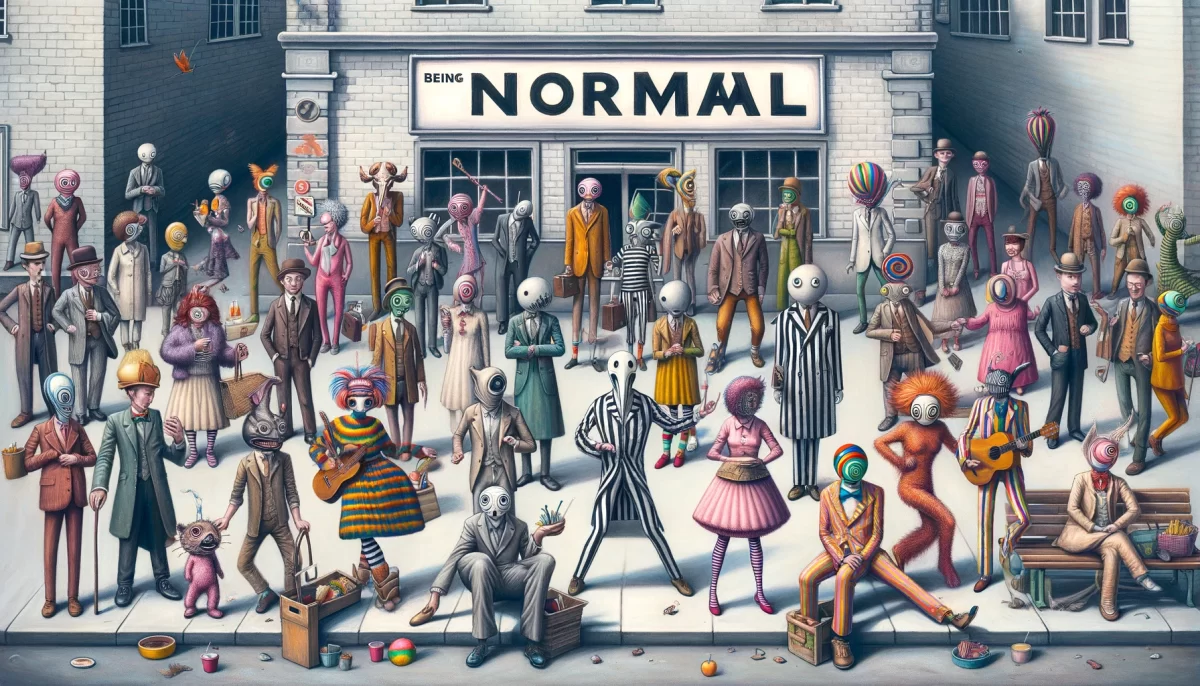
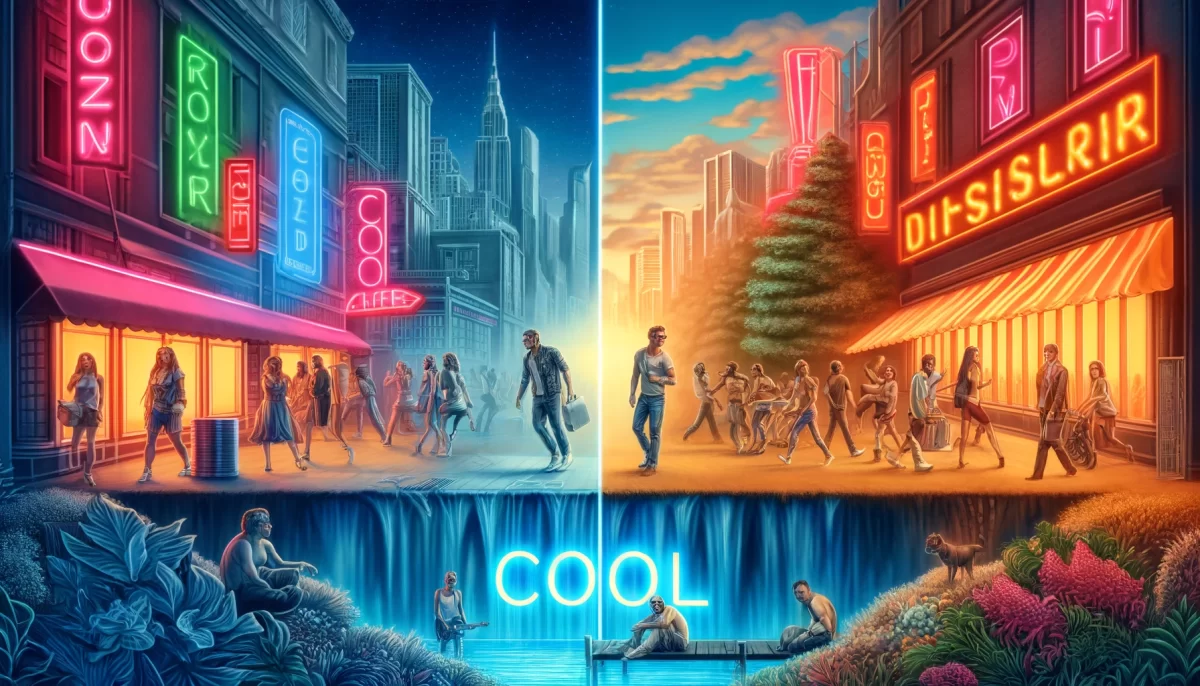
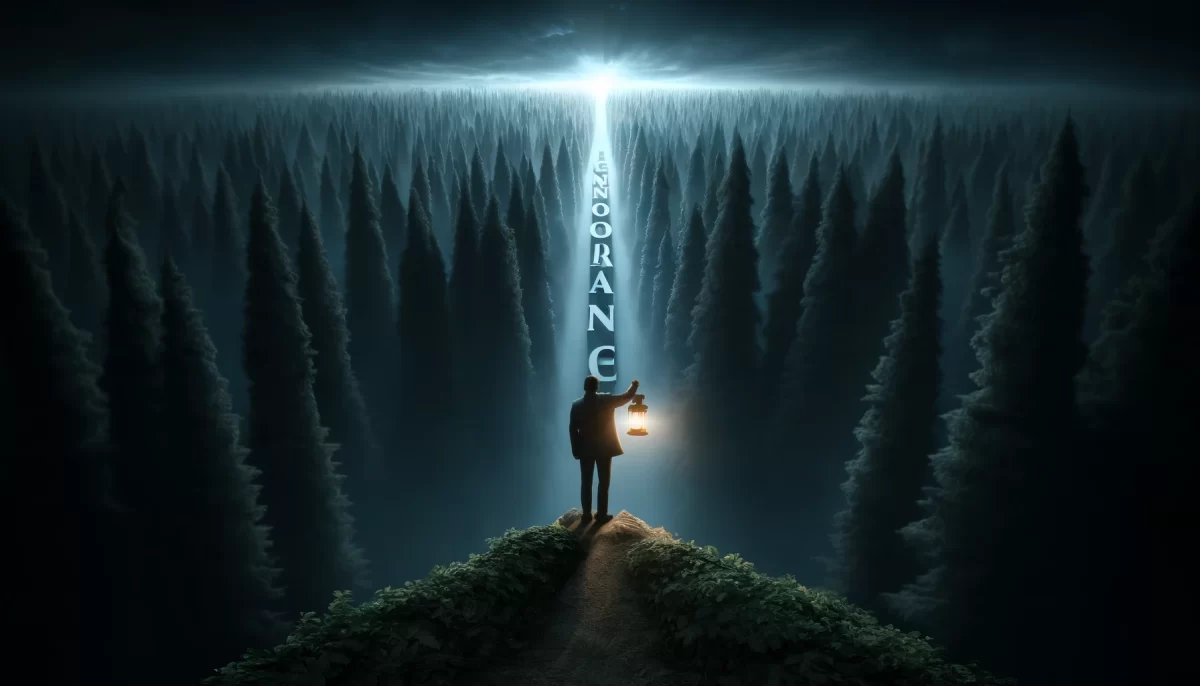




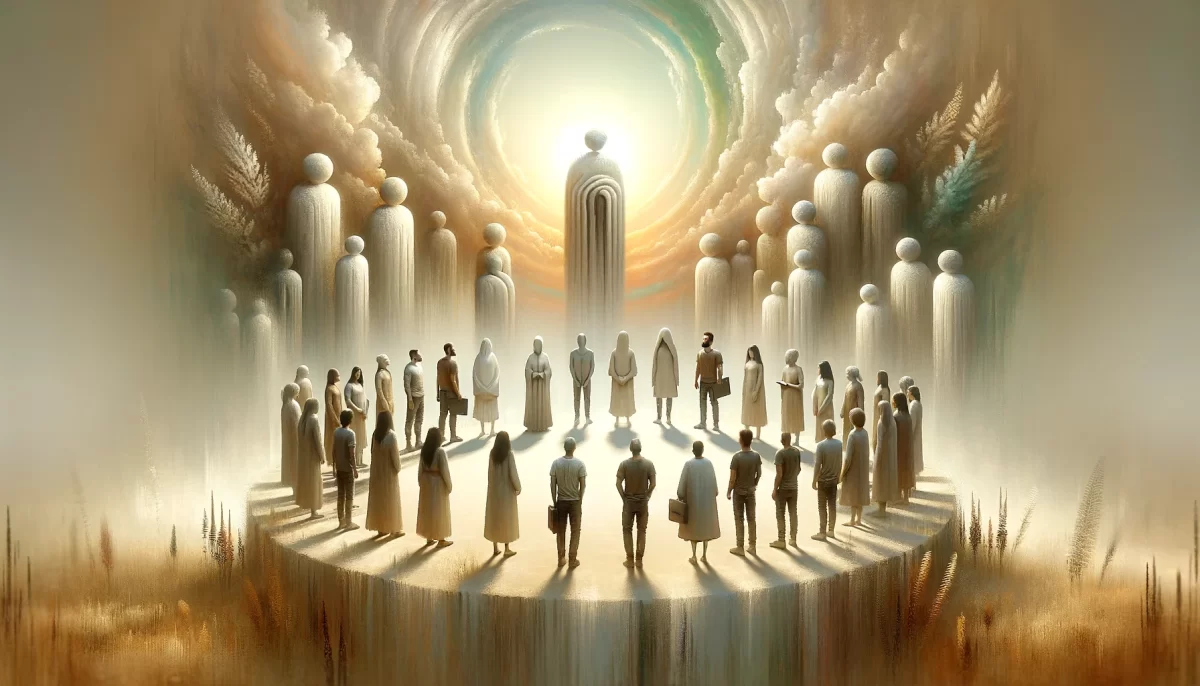





Leave a Reply